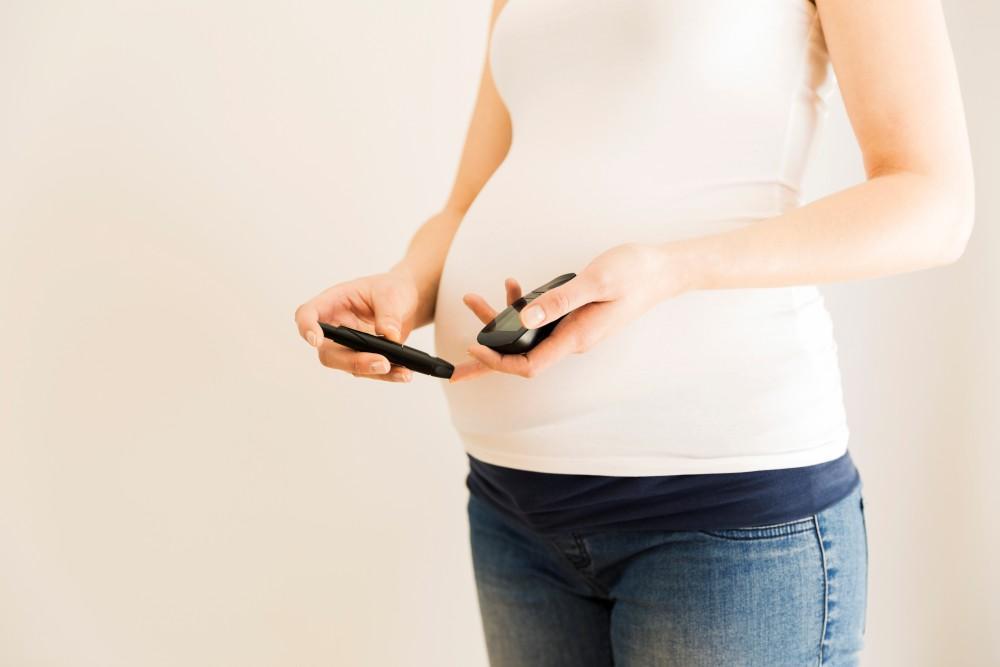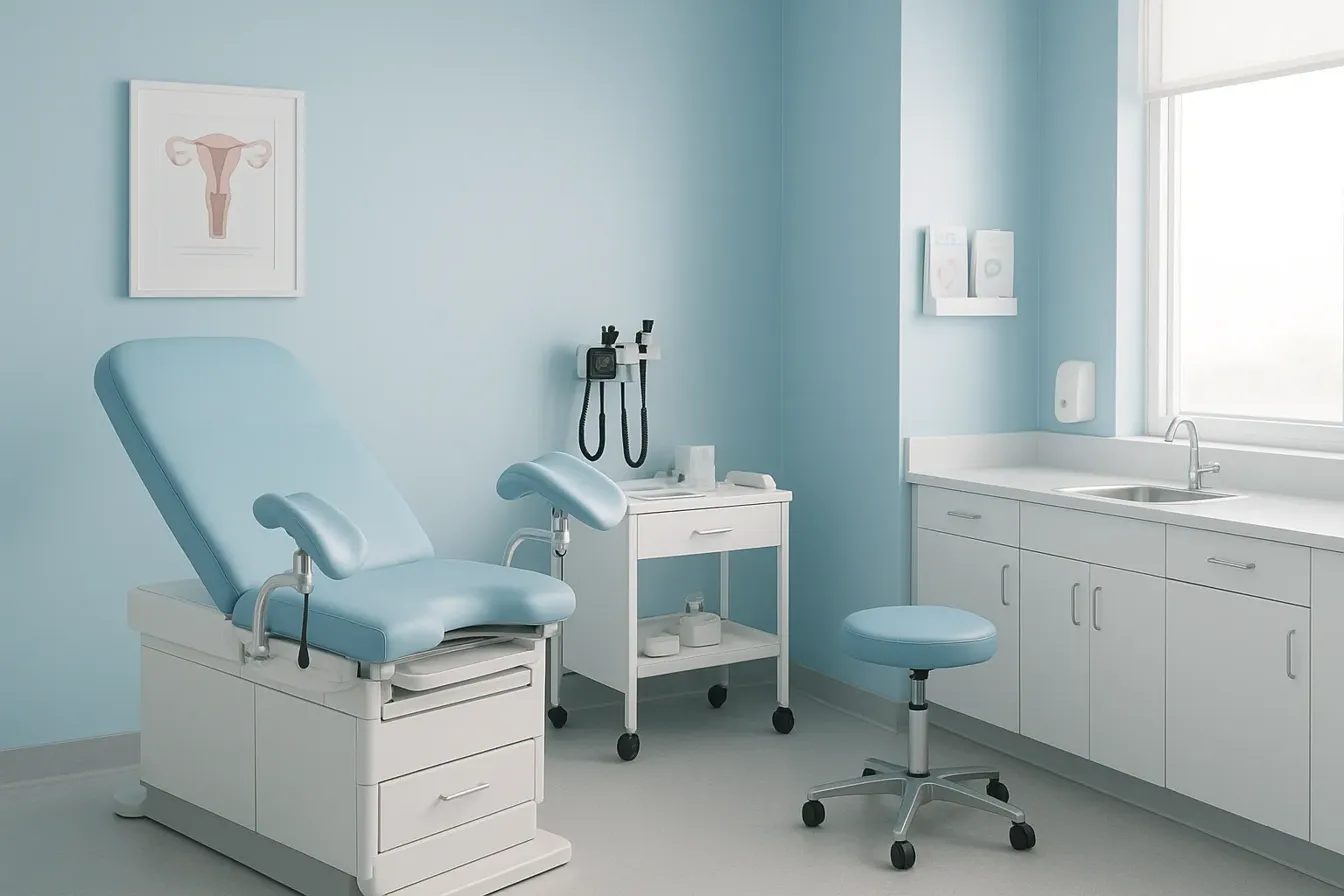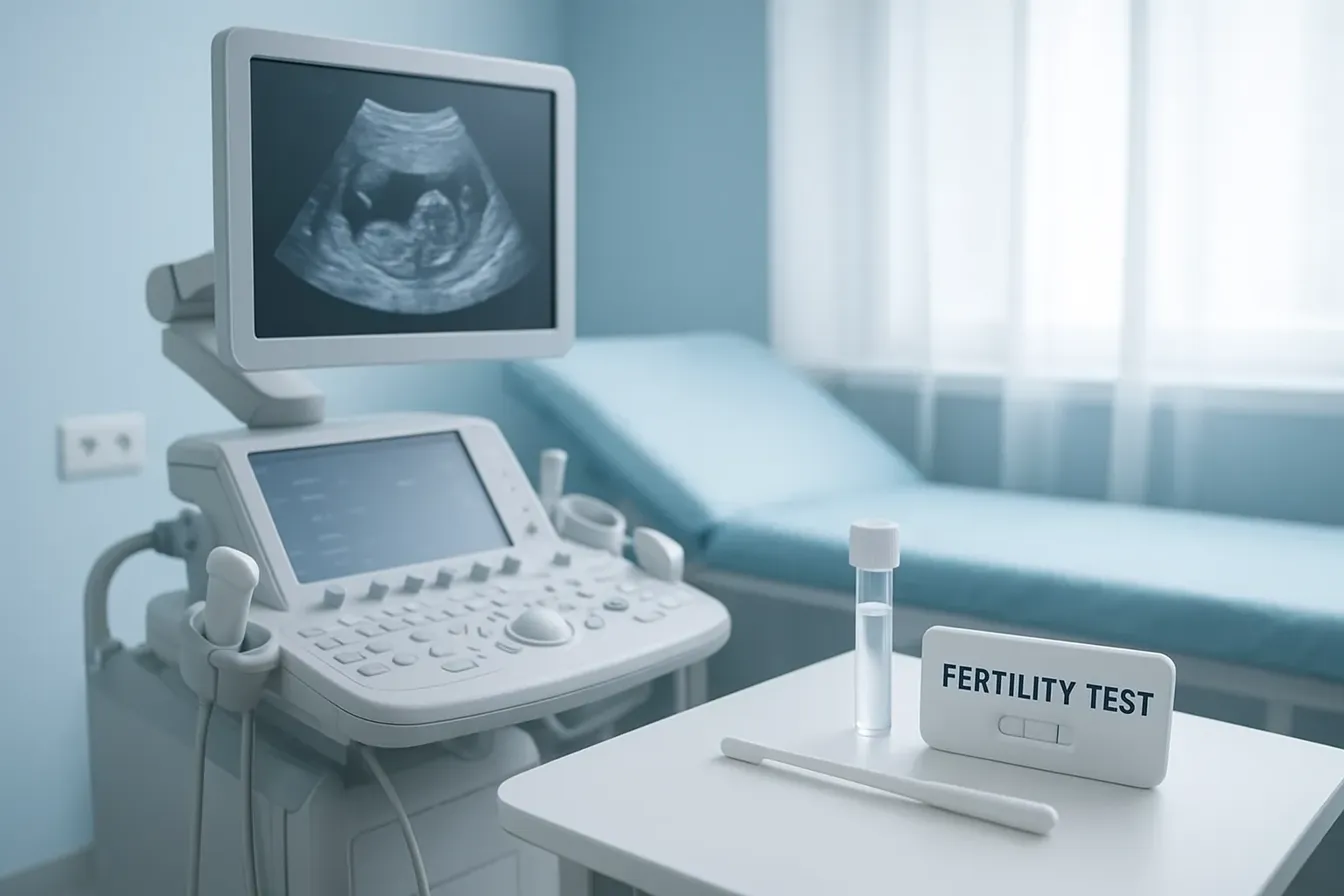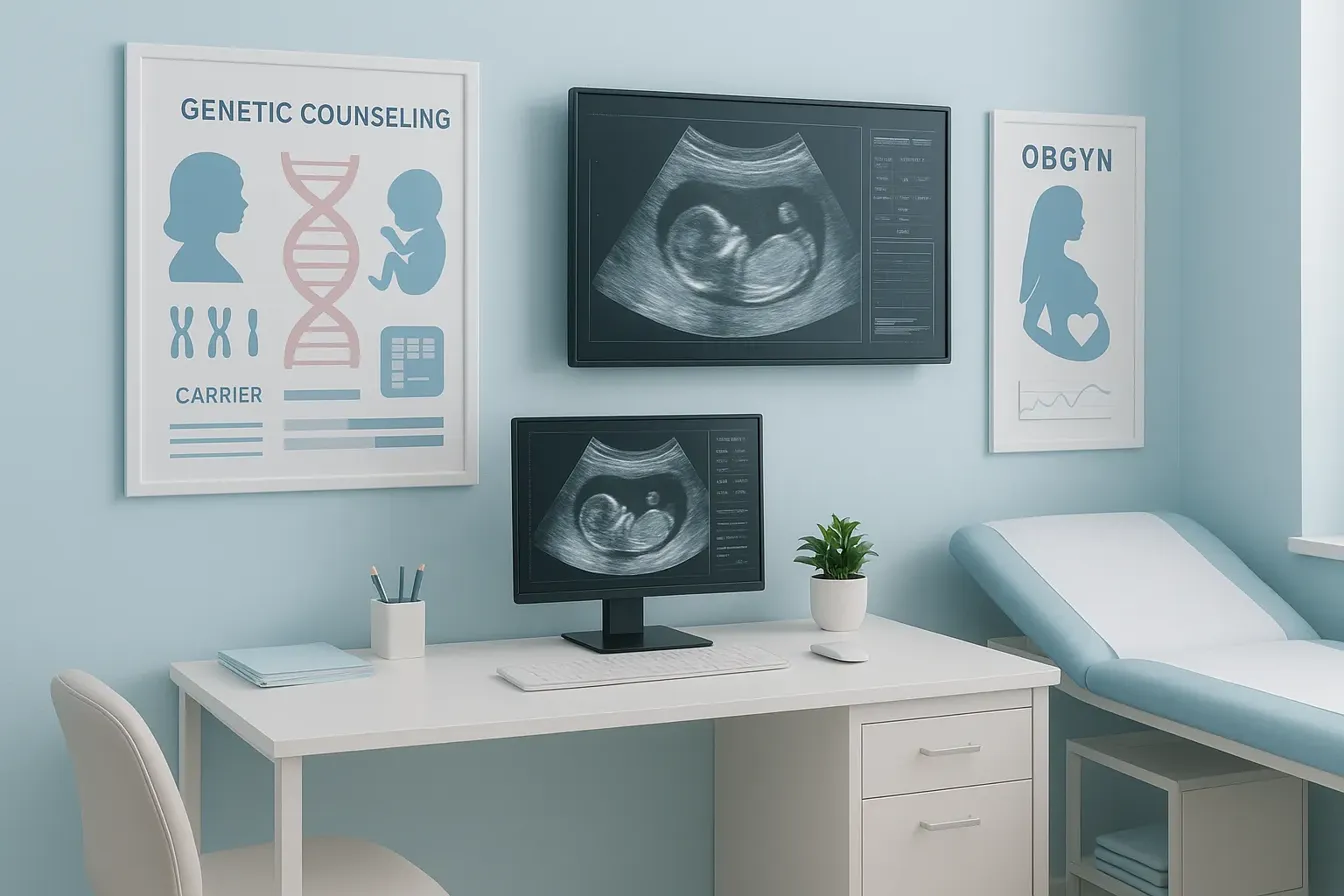Navigating Birth Control Choices: A Comprehensive Guide for Young Women

Gestational diabetes causes elevated blood sugar levels in expectant mothers, which can lead to complications during pregnancy and delivery. If you have gestational diabetes and wonder if it’ll go away after childbirth, the answer is yes – but there’s more that you need to know.
At Raveco Medical, we specialize in high-quality obstetrics care, including the management of gestational diabetes and other conditions that can make a pregnancy high-risk.
Our skilled OB/GYNs offer customized care plans that include lifestyle changes, diet improvements, and medications when necessary. Our goal is to prevent gestational diabetes-related issues that affect you and/or your baby, so you can enjoy a safe and healthy pregnancy.
As November is American Diabetes Month, it’s a great time to learn more about the disease and how to lower your risk factors before, during, and after pregnancy.
What to know about gestational diabetes
Gestational diabetes is a condition where blood sugar levels in an expectant mother remain higher than normal because of an increase in hormone production during pregnancy.
An increase in hormones can affect how your body uses insulin, a hormone that regulates your blood sugar levels. If your body doesn’t make enough insulin to convert sugar into energy, the sugar levels in your bloodstream remain high.
Throughout pregnancy, lifestyle strategies can help regulate your blood sugars and lower your risk factors for pregnancy complications. In some cases, you may need daily insulin injections to keep your blood sugar levels under control.
Often, gestational diabetes goes away soon after you give birth due to the rapid decrease in pregnancy hormones. Breastfeeding your new baby can also help resolve the condition. However, some women with gestational diabetes may continue to experience health issues after childbirth.
Ongoing complications of gestational diabetes for new moms
When your blood sugar levels remain high after childbirth, you may receive a diagnosis of type 2 diabetes. This condition develops when your body doesn’t produce enough insulin to regulate sugar levels in your blood or doesn’t use the insulin it makes properly.
Some women may be at higher risk for type 2 diabetes after a pregnancy, including those who have:
- Obesity
- Poor diet
- Family history of diabetes
- Postpartum weight gain
If you need to take insulin during your pregnancy, you may also be more likely to develop type 2 diabetes.
Treatment options for type 2 diabetes
Treatment for type 2 diabetes typically starts with lifestyle and diet changes, including daily exercise and following a healthy diet plan. You also need to check your blood sugar levels daily and follow up with your family physician for in-office bloodwork.
Some women can reverse type 2 diabetes with consistent self-care. However, you may need to take medications moving forward to ensure your blood sugar levels are well-controlled.
Our physicians can also provide additional resources you can use to prevent gestational diabetes in your next pregnancy. We offer personalized prenatal care and other services to help get your body healthy and ready for pregnancy.
Call Raveco Medical in Woodside or Forest Hills, New York, today to schedule a consultation to learn more about gestational diabetes or book an appointment online.





.png)